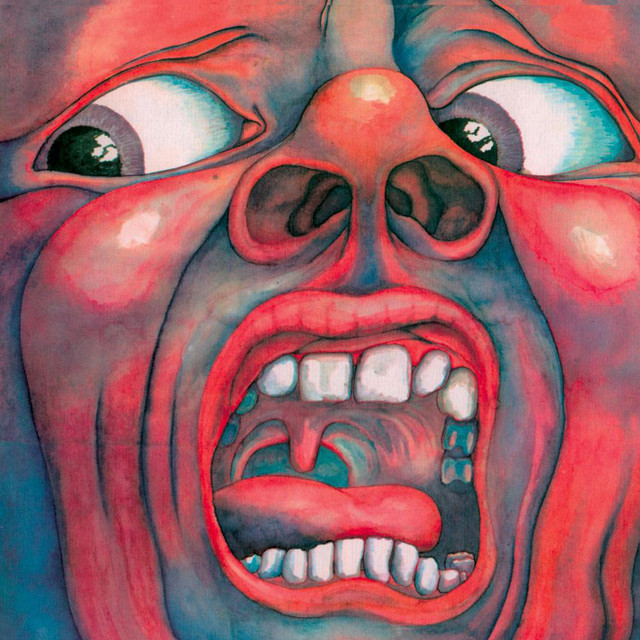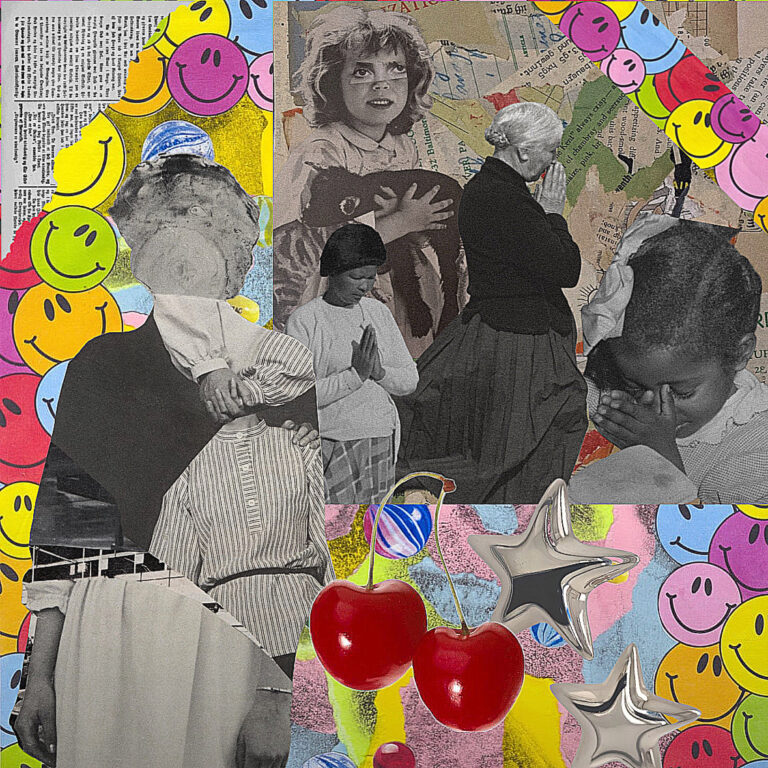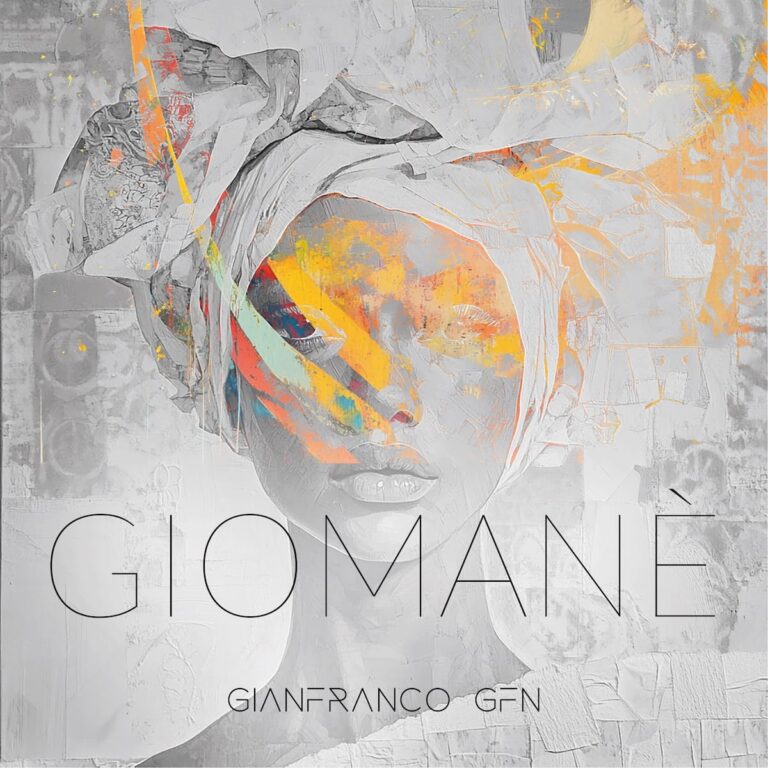
Within the Crimson King’s Court Whether we realized what it was or not, I believe that we have all seen the screaming face that appears on the cover of “In the Court of the Crimson King” at some point. This face captures the inventiveness, intensity, and sound of this record in many ways. You should not take Crimson’s music lightly. Almost everything about it is inventive, from Robert Fripp’s fiery guitar solos to the mellotron touches added to the melody. As King Crimson’s debut album, this one album essentially established the genre that is known as “prog rock.” Strangely enough, the group has consistently refuted claims that they have been labeled as “prog.” However, Contrary to the band’s belief, this magnificent 45-minute album, which consists of five songs, is by far the epitome of progressive rock. Though it’s difficult to sum up their music in two words because their lyrics frequently deal with darker, spooky themes, the album is among the most intriguing and well-respected of all time thanks to its unique blend of classical instrumentation, over seven-minute suites, and intriguing percussion. You are in for a very intense and thought-provoking listen from the first note of “21st Century Schizoid Man,” a mainstay of Crimson’s discography. Greg Lake, who is widely recognized as the front man, has an eerie voice that cuts between the heavy guitar riffs. “Schizoid,” a song by the man behind later progressive icons Emerson, Lake, and Palmer, turns out to be a very good intro track. In terms of ominous lyrics, all you have to do is listen to Lake’s voice along with the words “Blood rack, barbed wire.” pyre for a politician’s funeral. The eerie ambience is carried by the mellotron, distorted guitar, and various woodwind instruments, but only until a three-minute jam between the three. As a multi-instrumentalist, Lake contributes a smooth bassline and a unique staccato rhythm to the jam session.

Fripp’s destructive feedback waves are just another advantage that inform you of what is still unheard. As you might have observed, Crimson produces a variety of intriguing noises, including as well as unusual choice and instrumentation, to be honest. You shouldn’t be surprised, then, when you hear a melancholic flute piece that evokes memories of the movie “Fiddler on the Roof.” You’ll feel at ease throughout “I Talk to the Wind”. I hear a few stray notes tastefully played by the mellotron in between lyrical phrases, but what really greets me is Greg Lake’s voice. His voice was harsh, throaty, and full of attack in the previous song; now, however, it is soft and calming, lulling you into a deep, dreamlike state where you feel as though you are floating. The flute solo, which is the most flamboyant part, is easily connected to Ian Anderson of Jethro Tull discovered his source of inspiration. On a progressive album, a strong, slow-tempo song is always essential. Whether the song is about love or death, happiness or depression, rich or poor, it doesn’t matter. The latter of the many topics is highlighted in the following piece, which also touches on darker themes. However, “Epitaph” differs from other rock ballads in that there is no precedent dictating which option you should take. Lake’s voice soars above a tender foundation provided by a rich orchestral string section, keys, and a mellotron. Without a doubt, he has one of the greatest rock vocals. The string etude is, in my opinion, the highlight since it offers a An elegant take on a jazz tune. Before the song ends, Fripp’s acoustic performance is absolutely picture-perfect, and everything just seems to be at the top of its game. Without an ambient theme, progressive music wouldn’t be considered progressive. “Moonchild,” a jam session featuring synths and electronics, bridges that gap. The cymbal strikes that occurred during the verses were one thing that caught my attention. Three taps on a hi-hat, as inane as it may sound, could never have sounded more appropriate or attentive. “Moonchild,” which only lasts for 2:30, is essentially a mellow, ambient interlude that leads into a nine-minute suite that is the definition of “epic.” Presumably, a title track I was right to think that this album would be worth listening to. A nine and a half minute song should have distinct movements and mood changes, in my opinion. That’s the case with this title track once more. The epic, medieval movement “In the Court of the Crimson King” is limited to feats of musical brilliance. “In the Court of the Crimson King” sprawls a melodic yet heroic sound between the classical, finger-picked acoustic guitar, string arrangements, dark piano, choir etudes, flute solos, and, without a doubt, the best drumming on the album. The transition from poetic verses to instrumental choruses is incredibly uplifting, and the choir’s and the strings’ combination is brilliant and full of sustain. The percussion is excellent and beautifully rhythmic. With this suite of medieval music, they truly went above and above. I want you to tell me what you consider to be “epic.” There’s a good chance this song completely redefines you. Fans of hard rock and excellent guitar solos will enjoy King Crimson’s music. It will be even more enjoyable to those who appreciate complex arrangements and progressive music. My point is that you can appreciate King Crimson’s music without having to be a fan of a particular aspect of the genre. You can probably find something you like on this album. This album was epic, intense, and brilliant in every way. Who knew that in just forty-five minutes, all of that could occur?



